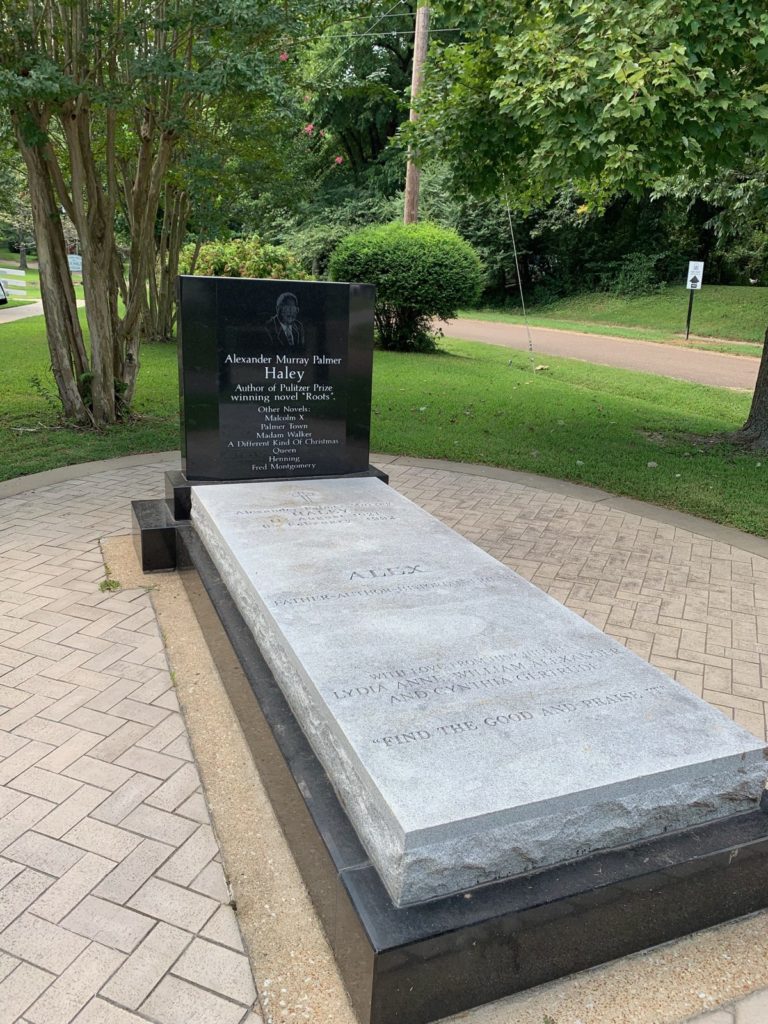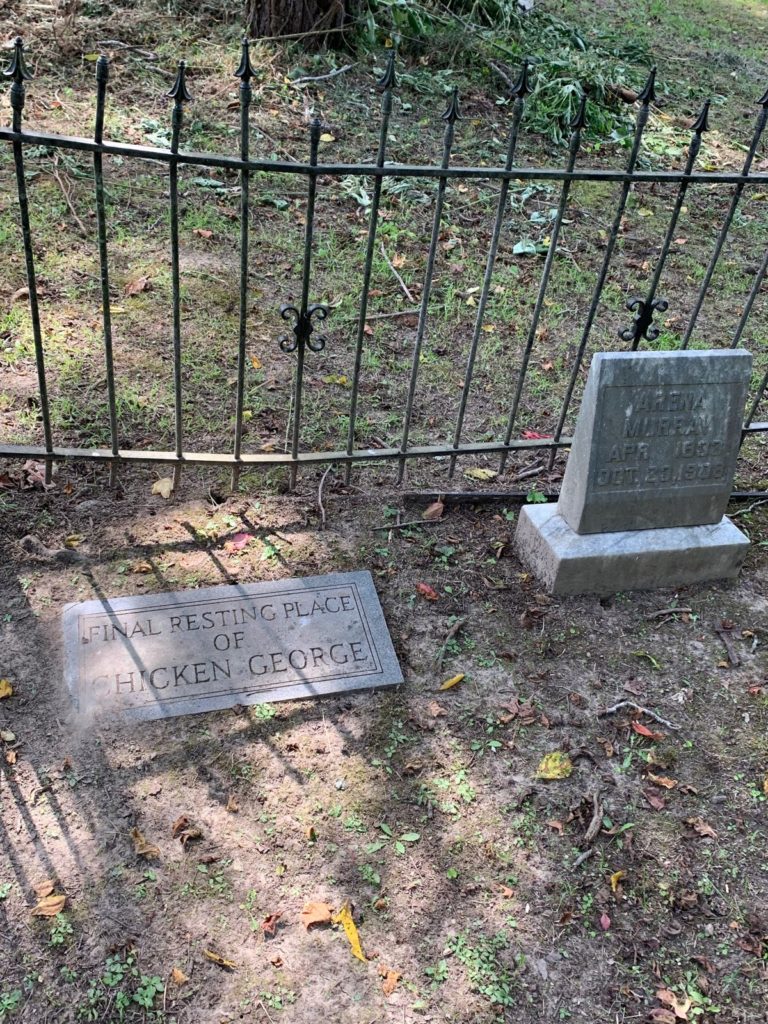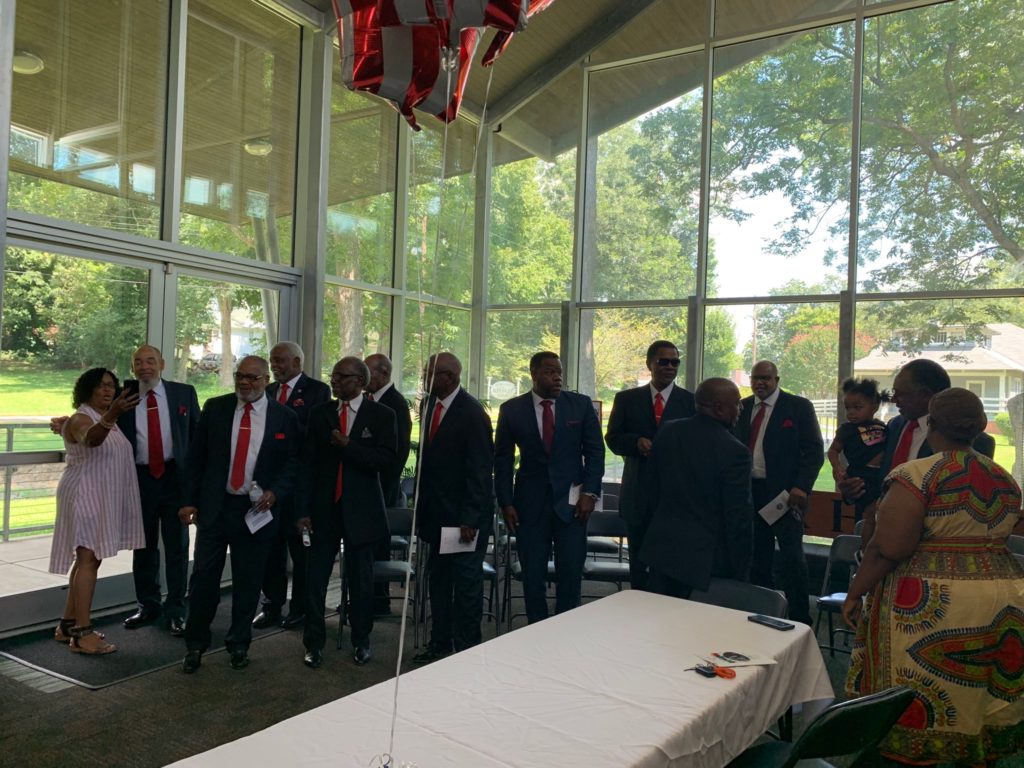Black History
If You Know Your Family’s Roots, You Might Want to Thank Alex Haley

Black History
Trump Signs Executive Orders That Will Impact HBCUs and Black Schoolchildren
Black History
President Jimmy Carter Appointed the First Black Woman to Lead a Federal Agency
Black History
The Congressional Black Caucus Prepares for “Important” Work
-

 Black History5 years ago
Black History5 years agoThe Idlewild Resort: Once the Largest, Most Successful Resort in the Midwest for Black People
-

 Black History6 years ago
Black History6 years agoMeet Sarah Boone, the Woman Who Patented the Ironing Board
-

 Black History4 years ago
Black History4 years agoCharles Baker: African American Inventor of Friction Heat
-

 Black History5 years ago
Black History5 years agoAuburn Avenue: The Richest “Negro Street in the World”
-

 Black History5 years ago
Black History5 years agoBoley, Oklahoma: One of the Last All-Black Towns Still Standing
-

 Black History6 years ago
Black History6 years agoMeet Elijah McCoy: The father of Lubrication, the Real McCoy
-

 Black History9 years ago
Black History9 years agoUrsula Burns, From Intern to CEO
-

 Black History5 years ago
Black History5 years agoFive Facts to Know About the Civil Rights Act of 1964 on its Anniversary






























